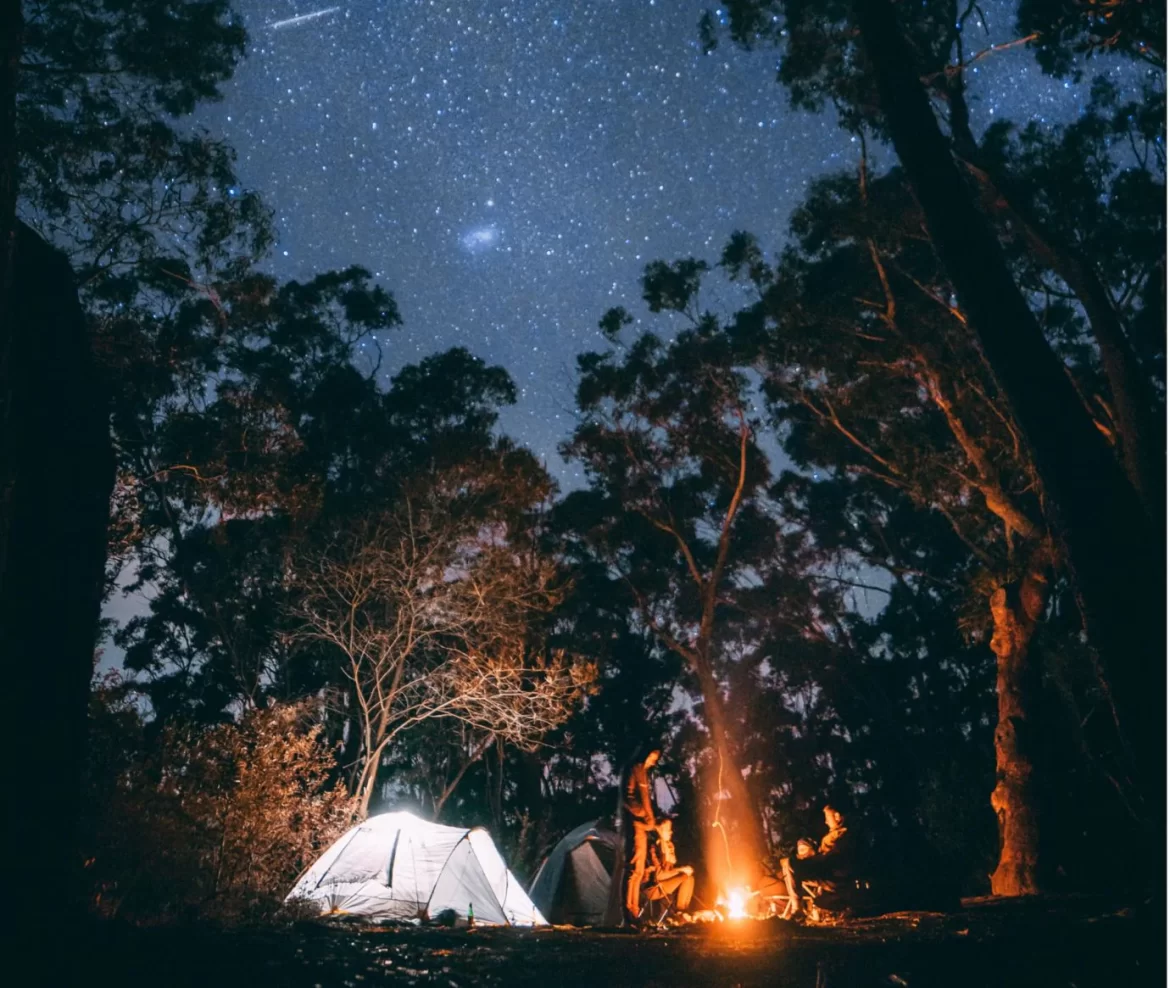If you are planning on spending the night outdoors, you should be aware of the dangers that can be present. Insect bites can be irritating and even deadly, and you should always protect yourself by wearing insect repellent. You can also try to avoid camping in areas with deep leaves or tall grass. Also, never leave any open water or drink containers, as these will attract insects. Mosquitoes are another major risk, as they carry various diseases and transmit them to humans when they bite.
In addition to insects and mosquitoes, you should also consider wildlife in the area. Many animals may be present at night, which makes it necessary to know how to protect yourself. Make sure to check for signs of wildlife, including snake holes, poop and animal droppings. You should avoid feeding the wildlife, as this can lead to a number of problems.
Another risk is falling. It’s the number one cause of death among hikers, so you should be extra cautious at night. In addition, you should keep a close eye on the terrain, as misjudging the difficulty of a section may cause you to fall down. For example, don’t try to hike up a cliff when it is dark, as you may accidentally step on it, and then end up falling down.
Bears are also a potential risk. It’s important to stay away from the habitat of bears, and make plenty of noise. This will help keep the bears away. You should also make sure that your food and hygiene products are stored in bear-proof containers. You should hang your bear-proof bear canister about 100 feet away from your campsite.
Other dangers that you should watch out for include damage to trees and the use of heaters. Carbon monoxide poisoning is another common hazard. It can occur when you cook in your tent and when you bring the heaters into your tent. This can lead to serious complications and even death. If you want to enjoy the outdoors in a safe manner, consider setting up camp during daylight hours. This will allow you to assess the area and spot any hazards.
You should also keep an eye on the weather. Since the weather can be unpredictable, it is best to dress appropriately for the weather conditions in your area. You should know the local weather and avoid camping in areas with lightning. In addition to lightning, hypothermia is a common risk, and you need to be prepared. It’s possible to get hypothermia if you are sweating too much.
You should also stay hydrated at night. As the weather is cold and dark at night, you may not feel the need to drink water, but you will dehydrate quickly. Staying hydrated will help you avoid hypothermia and other serious complications.




